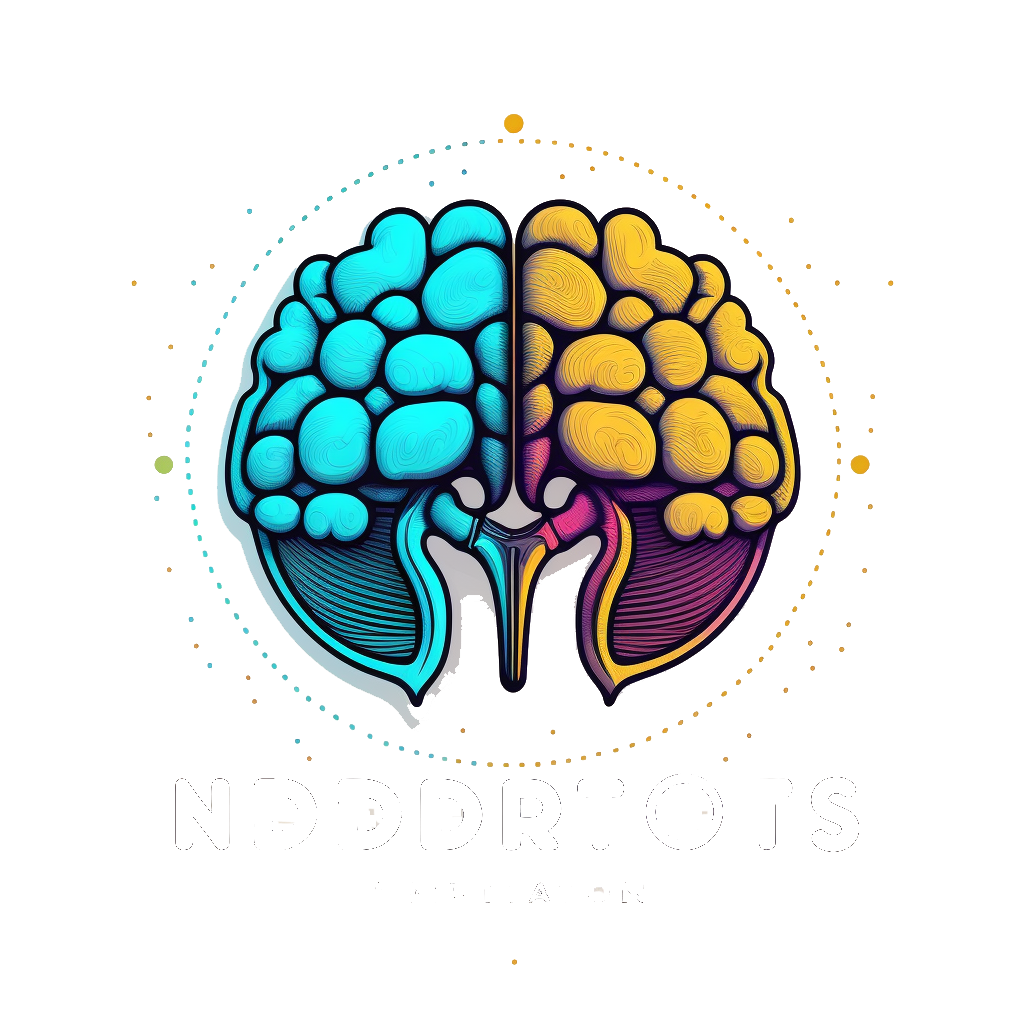Lion’s Mane, scientifically known as Hericium erinaceus, is a type of medicinal mushroom that has been revered for its potential cognitive-enhancing properties. With its unique appearance resembling a lion’s mane, this mushroom has gained popularity as a nootropic supplement.
Lion’s Mane: The Mushroom That Enhances Cognitive Function
Lion’s Mane is a species of mushroom that belongs to the tooth fungus group. It is characterized by its shaggy appearance, with cascading white tendrils resembling the mane of a lion. It is native to parts of Asia, Europe, and North America and has been used in traditional Chinese and Japanese medicine for centuries.
Top 3 Nootropic Benefits of Lion’s Mane
Enhanced Cognitive Function
Lion’s Mane is primarily recognized for its potential to enhance cognitive function. It contains bioactive compounds such as hericenones and erinacines, which have been shown to stimulate the production of nerve growth factor (NGF) in the brain. NGF plays a crucial role in the growth, maintenance, and repair of nerve cells, promoting neuroplasticity and overall brain health. By supporting the growth and function of neurons, Lion’s Mane may enhance memory, focus, and overall cognitive performance.
Neuroprotective Effects
Lion’s Mane exhibits neuroprotective properties, making it potentially beneficial for brain health. Studies have suggested that Lion’s Mane may help protect against age-related cognitive decline and neurodegenerative disorders such as Alzheimer’s and Parkinson’s disease. It may help reduce oxidative stress, inflammation, and the buildup of beta-amyloid plaques, which are characteristic of these conditions.
Mood Enhancement and Stress Reduction
Lion’s Mane has been associated with improvements in mood and stress reduction. It has been shown to modulate levels of neurotransmitters such as serotonin and dopamine, which play crucial roles in regulating mood and emotions. By promoting a healthy balance of these neurotransmitters, Lion’s Mane may help alleviate symptoms of depression, anxiety, and stress.
The optimal dosage of Lion’s Mane can vary depending on factors such as individual sensitivity, desired effects, and the specific form of consumption (e.g., capsules, powders, extracts). It is important to note that the dosages mentioned below are general recommendations, and it is advisable to consult with a healthcare professional before starting Lion’s Mane supplementation:
-
- Powdered Extract: 500 to 1,000 milligrams (mg) per day.
-
- Capsules: Follow the instructions provided by the manufacturer, as potency can vary.
-
- Dual Extracts: Follow the dosage instructions on the product packaging.
It is recommended to start with a lower dosage and gradually increase if necessary. Additionally, it is important to choose high-quality Lion’s Mane supplements from reputable sources to ensure purity and potency.
History and Research of Lion’s Mane
Lion’s Mane has a long history of use in traditional medicine, particularly in China, Japan, and other parts of Asia. It has been valued for its potential to enhance vitality, promote gastrointestinal health, and support cognitive function. In recent years, scientific research has focused on uncovering the specific bioactive compounds and mechanisms responsible for its cognitive-enhancing effects. Lion’s Mane has recently garnered substantial attention as one of the most promising and popular adaptogens.
Studies on Lion’s Mane have shown promising results, particularly in the area of cognitive function. Research has demonstrated its ability to stimulate NGF production, enhance neuroplasticity, and protect against neurodegenerative diseases. However, further research is needed to fully understand its mechanisms of action, optimal dosages, and potential interactions with other medications.
